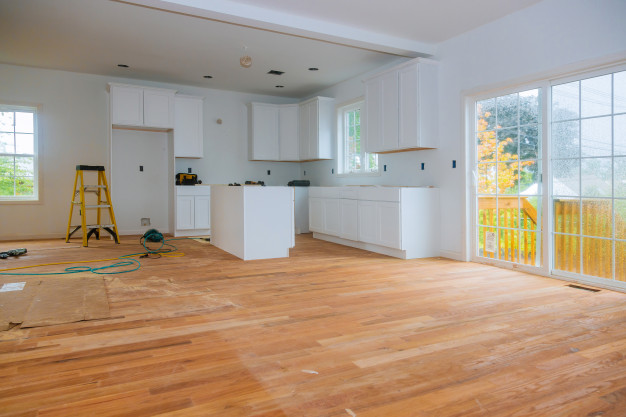What does the post-COVID property market look like?
With Budget 2020 just behind us and plenty of COVID-19 unknowns ahead of us – and all amidst real estate’s traditionally busy spring season – what does the future look like for the market’s post-virus future?
Melbourne lockdown situation
Many people, especially our friends in Melbourne, are pondering the current and immediate future. But from what we’ve researched, residential property markets can surprise with their resilience. Observe the big jump in listings our southern state has enjoyed since one-on-one inspections came back into play again on September 28, for the first time in two months.
In its preliminary clearance and volumes rate announcement on October 5, CoreLogic revealed that while Melbourne activity was still low, auction numbers were steadily increasing with 57 auctions scheduled for the upcoming week compared to 11 events held two weeks ago when the inspections change was announced.
This equated to a preliminary clearance rate of 63.3% – enabling Melbourne to still enjoy second placing in capital city listings – with 61.3% of these properties reportedly sold before auction. Domain’s House Price Report also recently revealed that national house prices dropped by only 2 per cent in the June quarter with Melbourne’s values declining by just 3.5 per cent. If this COVID-crushed city can bounce back so quickly, there’s plenty of hope for the rest of Australia’s property market!
Government assistance
Budget 2020 saw the announcement of the First Home Loan Deposit Scheme (FHLDS) expanding to June 30, 2021. Already highly popular with first home buyers, the scheme now also has an extra 10,000 places with price caps dropped altogether. JobSeeker and JobKeeper payments, while soon to decrease, are government designed to help those of us struggling with finances.
There’s also the all-new JobMaker plan for young people and tenants are being provided with rental relief as well. Loan repayment “holidays” have been extended to March 31, 2021, although the main proportion of such deferrals will expire this or last month. Extraordinarily low cash rates of 0.25 per cent are also great news for buyers and sellers.
While these government stimulus packages and loan deferrals are appreciated by consumers, unemployment figures, wavering consumer confidence, border controls and stress levels are not.
State of Australian economy
There’s no doubt we’re still experiencing tricky times, trillions of dollars in national debt and a long-term post-COVID battle that could last for years. None of this will disappear overnight.
An August Commonwealth Bank report explaining projected scenarios for our economic outlook stated that on a baseline level, our economy is expected to contract 6 per cent in the year to December 2020 but rebound 5 per cent in the year to December 2021.
“Economic forecasting is always fraught with difficulties and that is even more the case in the current environment,” the report stated. “The key factor is how well states, territories and countries manage to suppress the virus. “To date, Australia has been travelling well on this path. “Then the second wave in Victoria unexpectedly arrived and economic forecasts had to be downgraded.”
The report later stated that while Australia was in “uncharted territory”, Australia is generally in good shape compared with other countries, apart from Victoria.
“There is scope for more fiscal stimulus without the debt burden getting anywhere near the levels in the US, UK, Japan and China,” it also said.
What do we want in post-COVID properties?
Ever popular website realestate.com.au recently reported that some of their most popular keywords for house hunters were home-based family and study areas such as balconies, gardens, studies and gyms as well as broadband internet. As a result, vendors with these areas and items are already a step ahead in a post-COVID world.
Regional towns and smaller capital cities such as Hobart and Perth – despite Western Australia’s tough border controls – are also enjoying plenty of hits and high figures. As well, Australia has experienced incredibly low COVID case numbers and deaths, compared to the rest of the western world.
It appears that while we’re stuck in a critical recession, it doesn’t mean the property market will fail.
Read related articles:
Victory for Victorian real estate
What the federal budget means for real estate



